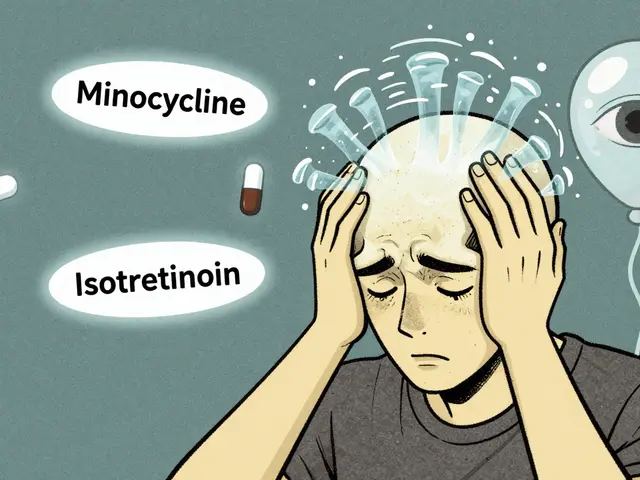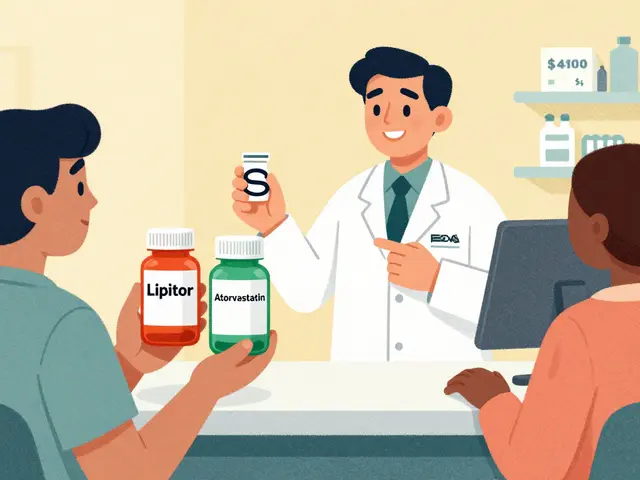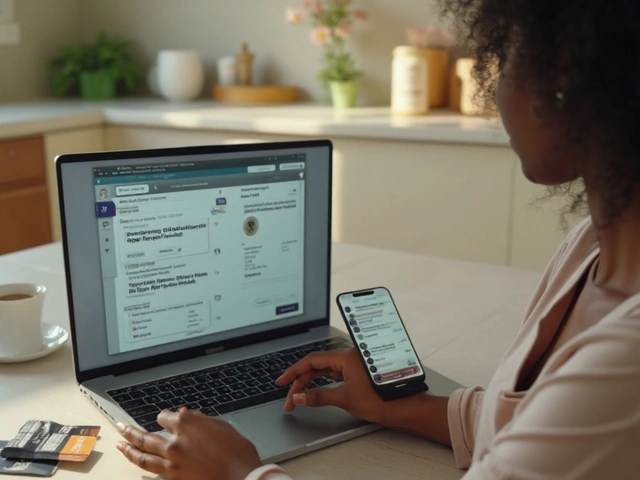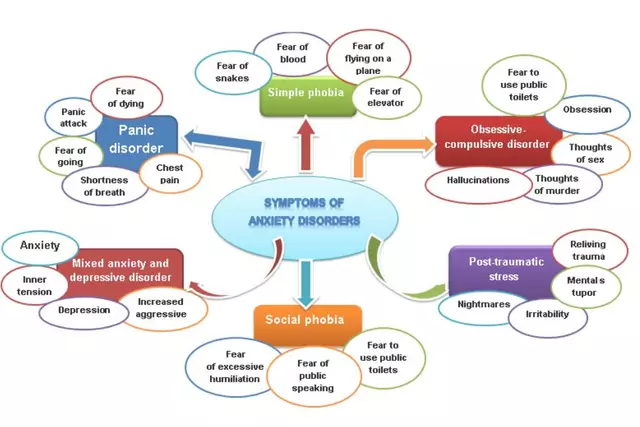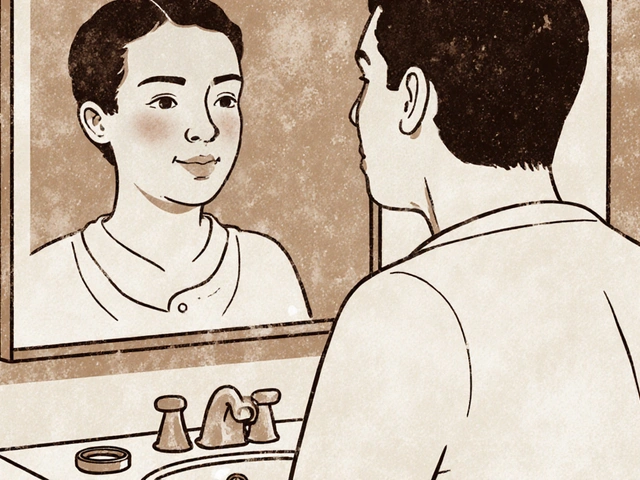Switching from Glipizide: what you need to know
Thinking about stopping glipizide? Good to get clear info first. Glipizide is a sulfonylurea that lowers blood sugar but can cause low blood sugar (hypoglycemia), weight gain, and may be less ideal if kidney function drops or you have heart disease. Here I’ll walk through why people switch, common alternatives, and practical steps so the change stays safe.
Why patients switch off Glipizide
People usually choose to switch when they have frequent hypoglycemia, are gaining weight, or when other conditions (like chronic kidney disease or heart problems) make a different drug safer or more helpful. Newer diabetes medicines—SGLT2 inhibitors and GLP-1 receptor agonists—can lower cardiovascular risk and help with weight loss. If cost or access is an issue, metformin or some DPP‑4 drugs may be considered. Older adults often switch because they’re more sensitive to low blood sugar.
How to switch safely: step-by-step
Don’t stop glipizide on your own. Here’s a practical checklist to use with your doctor or nurse:
1. Review labs and risks. Check A1C, fasting glucose, and kidney function (eGFR). Some drugs need dose changes or aren’t recommended below certain eGFR levels.
2. Match the drug to your goals. Want weight loss and heart protection? Ask about a GLP‑1 agonist (like liraglutide) or an SGLT2 inhibitor (like empagliflozin). Need an oral pill with low hypoglycemia risk? Metformin (if kidneys allow) or a DPP‑4 inhibitor could work.
3. Plan the timing. If you’re switching to another oral agent that doesn’t cause extra low blood sugar, your doctor may stop glipizide and start the new pill the same day. If starting insulin, most clinicians stop glipizide to avoid overlapping hypoglycemia risk and adjust insulin dose carefully.
4. Monitor closely for 2–6 weeks. Check blood sugars more often after a change. Keep a log of readings, symptoms, and meal patterns. Bring this to follow-up so doses can be adjusted.
5. Know hypoglycemia signs and fixes. Dizziness, sweating, shakiness, confusion. Always carry fast sugar (glucose tablets, juice) and tell family or coworkers what to do if you pass out.
6. Watch for side effects. GLP‑1 drugs can cause nausea; SGLT2s can increase yeast infections and cause dehydration. Your clinician will help weigh benefits and risks.
Final practical note: keep a current medication list, tell your provider about over-the-counter drugs and supplements, and ask how changes affect driving or work. Switching meds can improve safety and control, but it works best with a clear plan and follow-up. If you want, I can summarize options based on your age, kidney health, and treatment goals—tell me a bit about those and I’ll help sort choices.

- May 24, 2025
- Posted by Cillian Osterfield
When to Replace Glipizide: Safe Alternatives, Patient Checklist, and Clinical Thresholds
Tired of the same old warnings around sulfonylureas but not sure when to actually switch away from Glipizide? Here’s a real-world guide on spotting the clinical red flags, practical patient checklists, and exactly when to make the move. We’ll break down clear situations, show real stats, and point to the best evidence-backed options—all in plain language you can use in your medical practice or daily life.
Categories
- Health and Wellness (72)
- Medications (69)
- Health and Medicine (28)
- Pharmacy Services (12)
- Mental Health (9)
- Health and Career (2)
- Medical Research (2)
- Business and Finance (2)
- Health Information (2)
Latest Posts
©2026 heydoctor.su. All rights reserved

